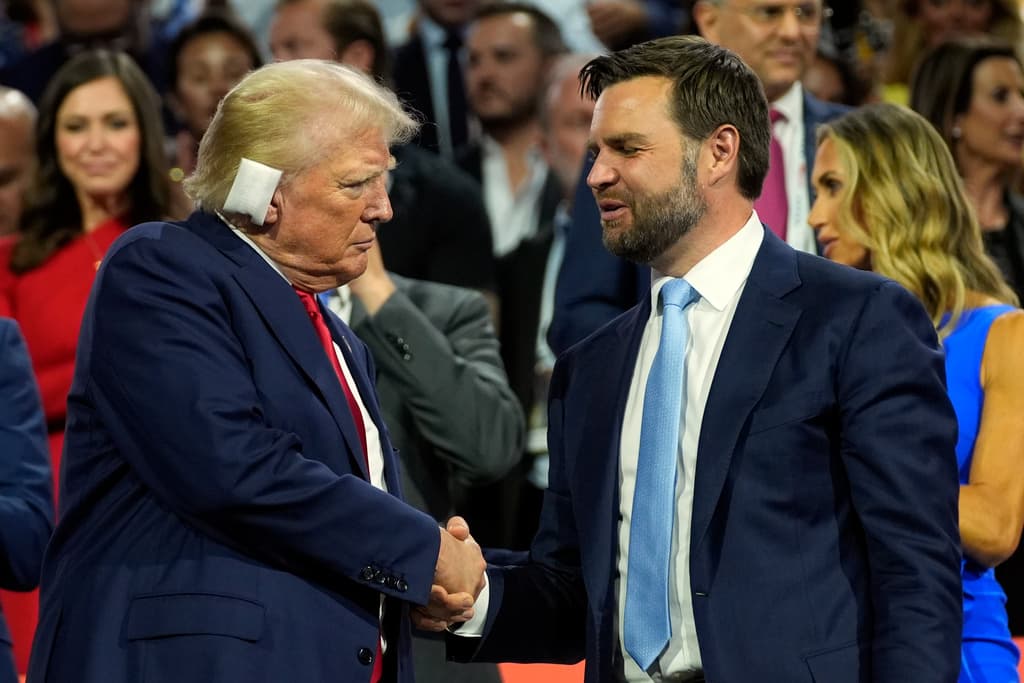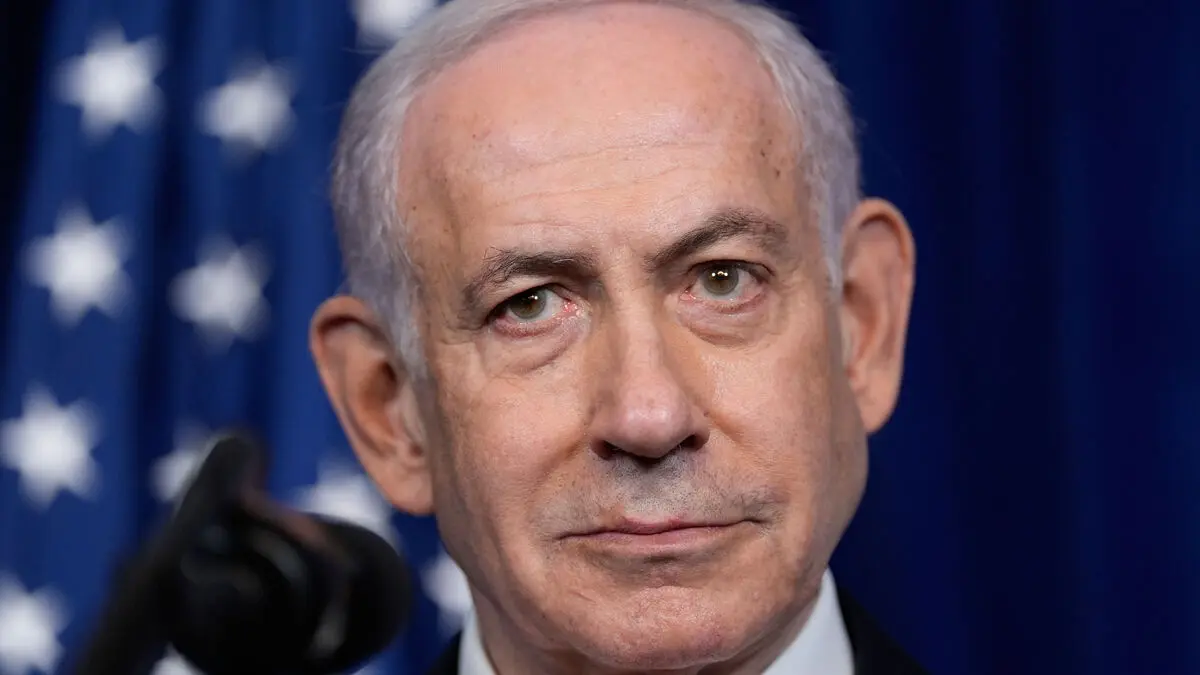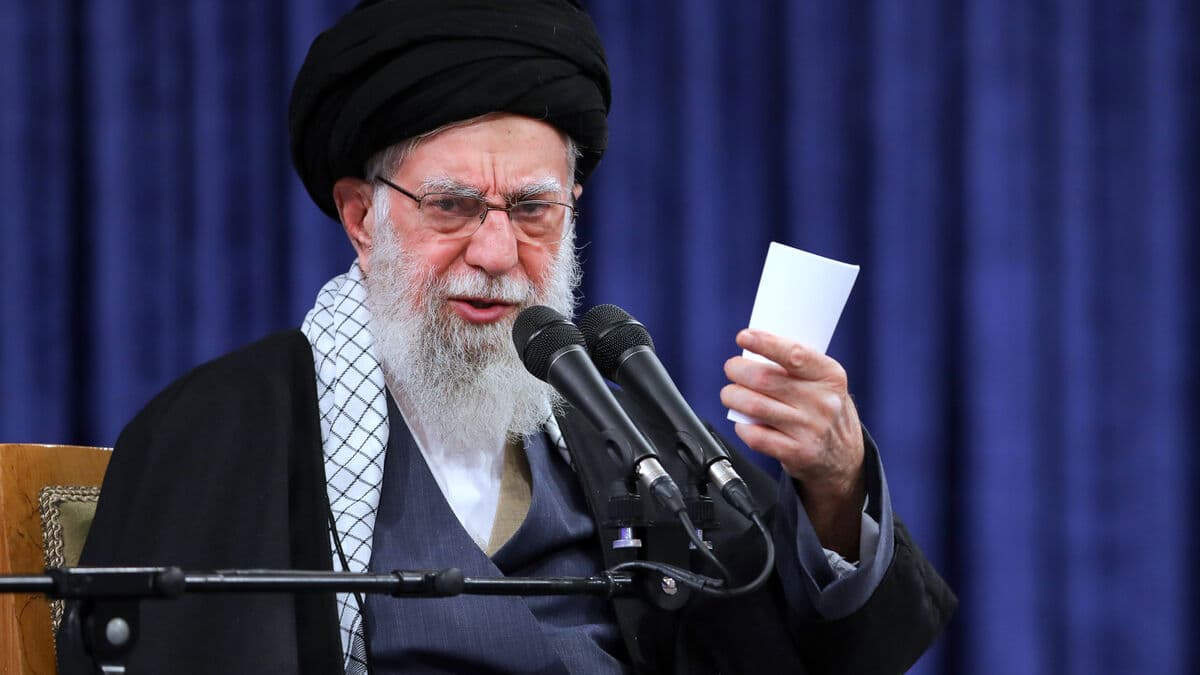J D Vance is one of the leading opponents to the US's Ukraine support in the American Congress. His election as Donald Trump's vice presidential candidate raises concerns in Kiev.
"Honestly, I don't care how it goes for Ukraine, one way or the other," said J D Vance in a podcast in February 2022 with Trump's former advisor Steve Bannon, just before Russia's full-scale invasion.
This view on the war in Ukraine has characterized the 39-year-old Ohio senator's time in the US Congress. He has strongly criticized the Biden administration's large economic support to Ukraine's army.
"Clear signal"
Vance played a crucial role in attempts to stop a support package to Ukraine worth 60 billion dollars earlier this year. It was finally approved by Congress, but the delay led to Ukraine having to ration ammunition and lose territory.
The choice of Vance is a clear signal for us, says Ukrainian parliamentarian Inna Sovsun from the liberal party Holos to Financial Times.
If Trump and Vance win in November, Ukraine must think out a new strategy for communicating with the Americans.
Vance, like Donald Trump, wants Kiev to be willing to give up Russian-occupied territories to end the war. Like Trump, he has criticized Europe for being too dependent on the US and NATO for its security.
J D Vance can be described as an aggressive attack dog who is extremely loyal to Trump, says Björn Ottosson, a US researcher at the Total Defense Research Institute (FOI), to TT.
He has in various statements gone further than Trump when it comes to NATO and support to Ukraine.
The US is the largest provider of economic support and military equipment to Ukraine. Vance wants the US to instead focus on the threat from China and on stopping illegal immigration at the Mexican border.
He means that the US's support to NATO and assistance to Ukraine takes away focus from China, which he sees as the main problem, says Ottosson.
Reinforcing slogan
Trump's choice of the young senator is seen as a step away from those parts of the Republicans who want to see continued American engagement in Ukraine and NATO.
It's a way to reinforce Trump's slogan "America first", so that it lives on even after Trump, says Ottosson.
It's also clear that he doesn't like (Ukraine's president) Volodymyr Zelenskyj. Vance has been critical of Zelenskyj's statements that the US should prioritize Ukraine and means that he is interfering in American politics.






